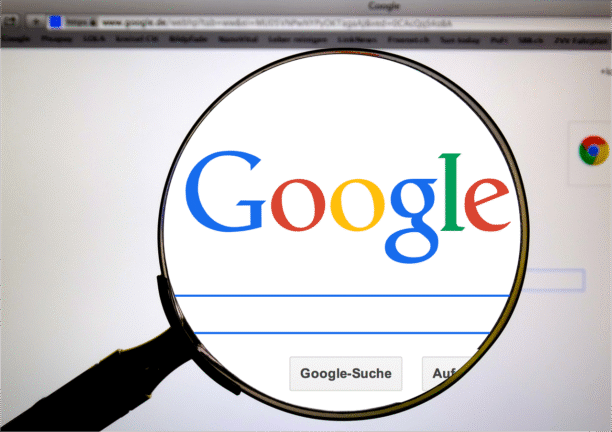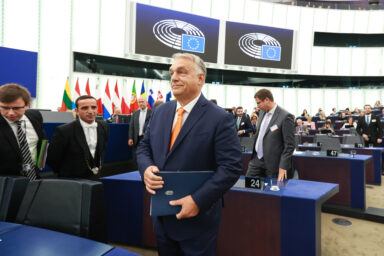The list of companies willing to sign up to the voluntary code recorded a major acquisition on Wednesday. Google’s global affairs chief said in in his blog post that the heavyweight US tech company is “committed to working with the EU AI Office”, lingering reservations notwithstanding.
“We will join several other companies, including US model providers, in signing the European Union’s General Purpose AI Code of Practice,“ wrote Google’s Kent Walker, president of global affairs for both the company and its parent, Alphabet on Wednesday, 30 June.
Three core requirements
“We do so with the hope that this code, as applied, will promote European citizens’ and businesses’ access to secure, first-rate AI tools as they become available,“ Mr Walker posted on the company blog in support of what his company increasingly views as its core business.
We do so with the hope that this code, as applied, will promote European citizens’ and businesses’ access to secure, first-rate AI tools as they become available. – Kent Walker, President of Global Affairs, Google and Alphabet
The new EU code of conduct for general-purpose artificial intelligence (GPAI) seeks to ease corporate compliance with upcoming rules. Published in mid-July, the voluntary framework – developed by 13 independent experts with industry and civil society input – outlines three core requirements for tech firms. Providers must document training processes using standardised forms, share model details with regulators, and ensure lawful sourcing of training data. Signatories must also respect copyright holders’ opt-outs and implement safeguards against infringing outputs.
Concerns remain
“Prompt and widespread deployment is important. Europe stands to gain significantly, potentially boosting its economy by eight per cent annually by 2034,“ Mr Walker wrote. This would amount to €1.4 tn, even as the estimate is not even in the order of a ballpark figure.
“The final version of the code comes closer to supporting Europe’s innovation and economic goals than where it began. We appreciate the opportunity we have been provided to submit comments. We remain concerned that the AI code risks slowing Europe’s development and deployment of AI,“ Mr Walker post reads further. It tactfully leaves out any mention of the company’s commercial interests.
“Departures from EU copyright law, steps that slow approvals, or requirements that expose trade secrets could chill European model development and deployment, harming Europe’s competitiveness,“ Mr Walker wrote.
You might be interested
Big Tech split on EU collaboration
Advanced GPAI models face strict rules for systemic risks. Providers must assess and mitigate potential harms. The code aims to cut legal ambiguities ahead of formal enforcement starting in August 2025, with a two-year transition period.
This code introduces a number of legal uncertainties… measures which go far beyond the scope of the AI Act. – Joel Kaplan, Chief Global Affairs Officer, Meta
Google’s move highlights a split between firms embracing early collaboration – like OpenAI and Mistral, which have signed – and those fearing regulatory overreach. Meta, for one, has rejected the code outright. “Meta won’t be signing it,” said chief global affairs officer Joel Kaplan. “This code introduces a number of legal uncertainties… measures which go far beyond the scope of the AI Act.”
Microsoft, on the other hand, appears poised to join Google in endorsing the pact. Company president Brad Smith highlighted “the importance of industry-level cooperation with the EU’s AI Office.”
Rapid and dynamic
Google’s Mr Walker voiced a similar sentiment. “We are committed to working with the AI Office to ensure the code is proportionate and responsive to the rapid and dynamic evolution of AI,“ he concluded his statement. “And we will be an active voice in supporting a pro-innovation approach that leads to future investment and innovation in Europe that benefits everyone,“
The EU will publish a list of signatories on 1 August, one day before GPAI obligations take effect. With deadlines looming, the code tests whether voluntary measures can narrow gaps between Brussels’ regulatory ambitions and corporate risk appetites.










